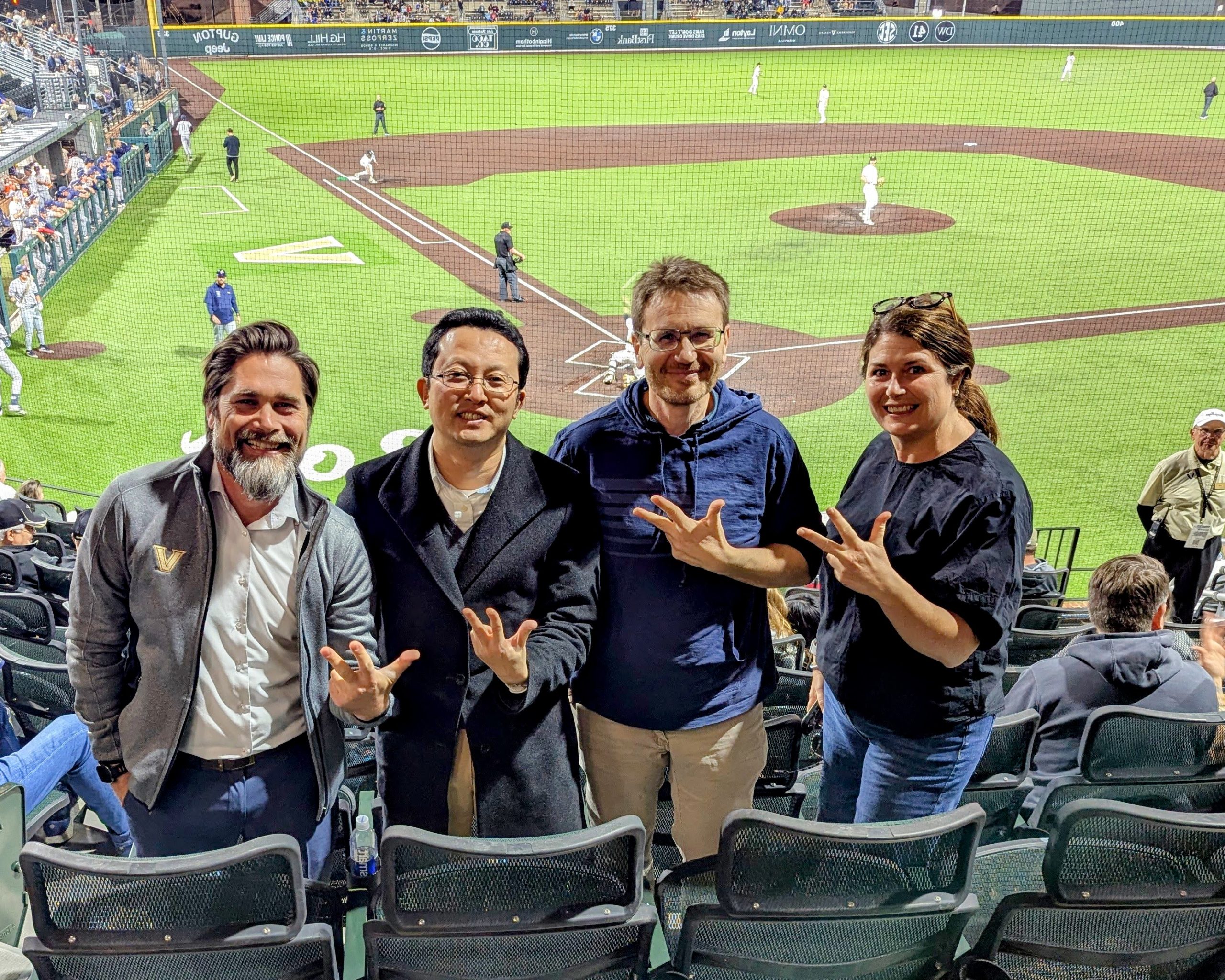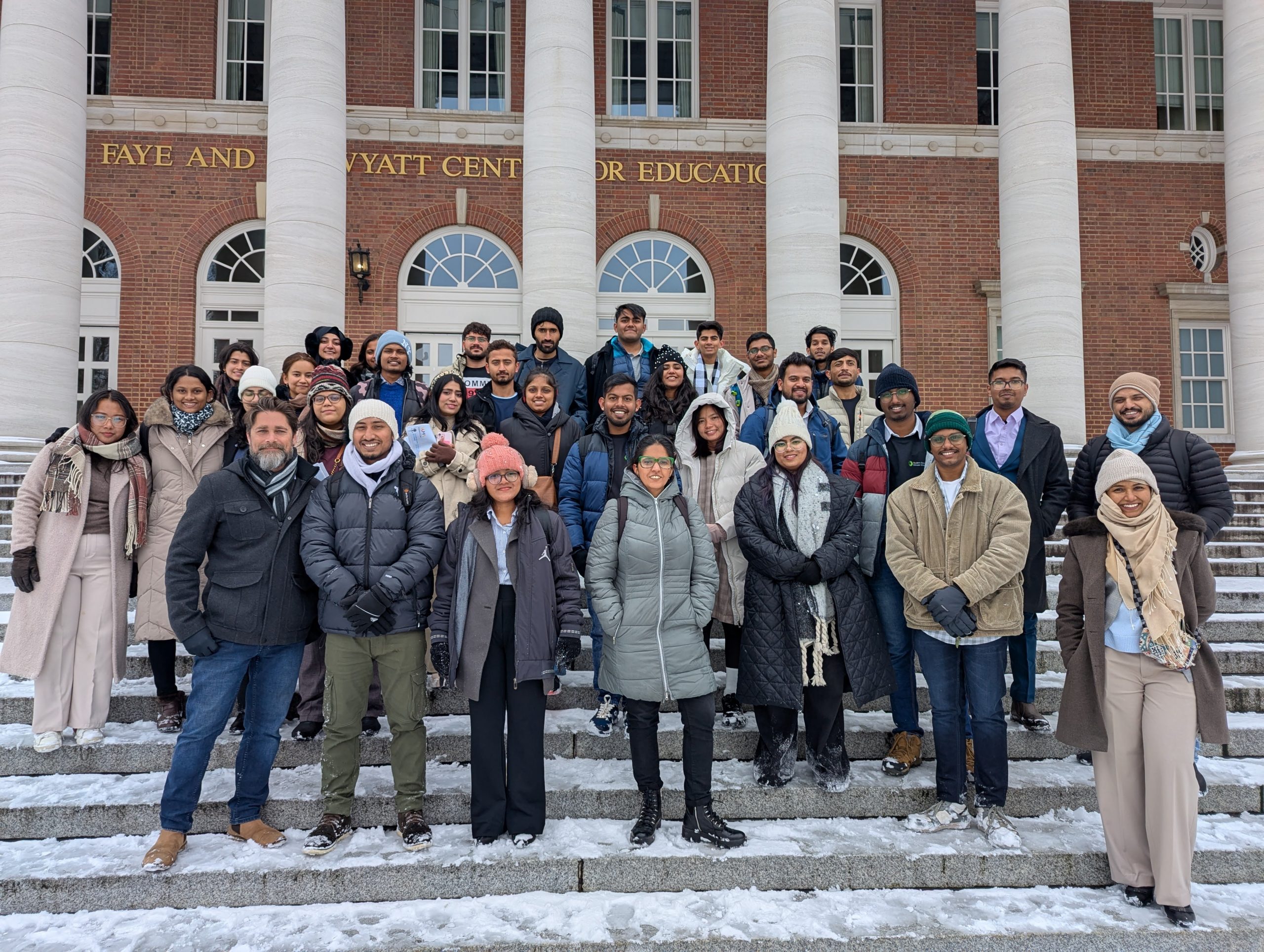Vanderbilt Peabody College of education and human development’s expertise in designing and offering gifted education was highlighted in March when Peabody Global Initiatives and Chris Vanags, director of the Peabody Research Office, hosted a pair of Japanese visiting researchers. Hirokazu Kumazaki, professor in the Department of Neuropsychiatry at Nagasaki University, School of Medicine, studies gifted education, and Naomi Matsuura, professor in the Graduate School of Education at Mie University, studies special needs education.
Kumazaki and Matsuura are researching anxiety and gifted education, as well as innovative education practices. They are collaborating on research with Vanags and Zachary Warren, executive director of the Vanderbilt Kennedy Center’s Treatment and Research Institute on Autism Spectrum Disorders and director of the Division of Developmental Medicine at Vanderbilt University Medical Center.

To explore additional avenues for collaborating with Peabody researchers and to learn about the college’s programs and initiatives, they met with Peabody faculty and directors:
- Camilla Benbow, Patricia and Rodes Hart Dean of Education and Human Development, and David Lubinski, Cornelius Vanderbilt Professor of Psychology and Human Development, co-directors of the Study of Mathematically Precocious Youth
- Alyssa Wise, professor of technology and education, and director of the LIVE Learning Innovation Incubator
- Angela Eeds, executive director of the Collaborative for STEM Education and Outreach
- Sarah DeLisle Fecht, executive director of Vanderbilt Programs for Talented Youth
Kumazaki and Matsuura also met with Gina Smallwood, coordinator of the Office of Gifted and Talented Education at Metropolitan Nashville Public Schools, and toured Eakin Elementary School.
In February, Vanags visited Japan to give talks about Peabody’s success with fostering a sense of curiosity in gifted education, highlighting programs developed in the Collaborative for STEM Education and Outreach and Programs for Talented Youth, which serve more than 2,300 academically motivated students each year.




